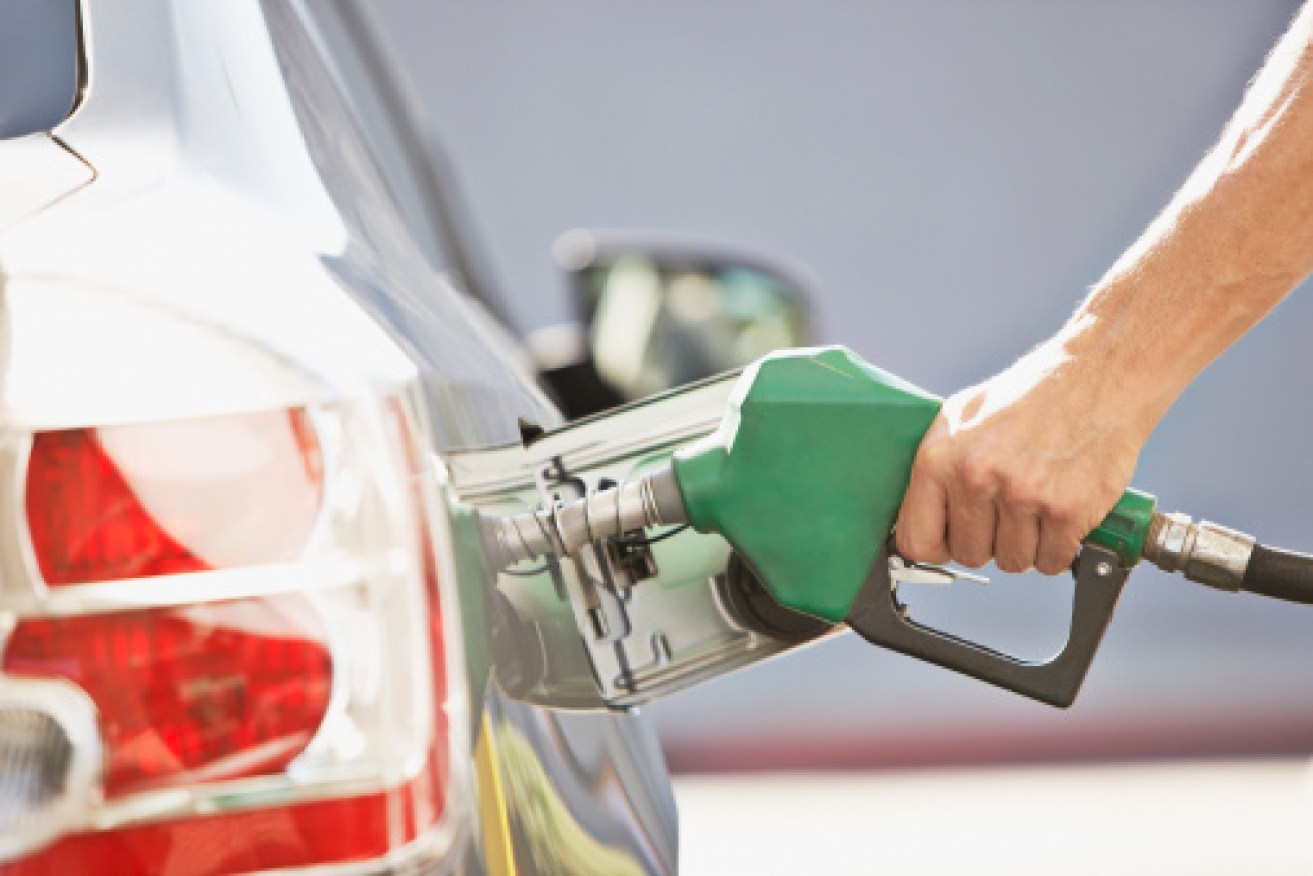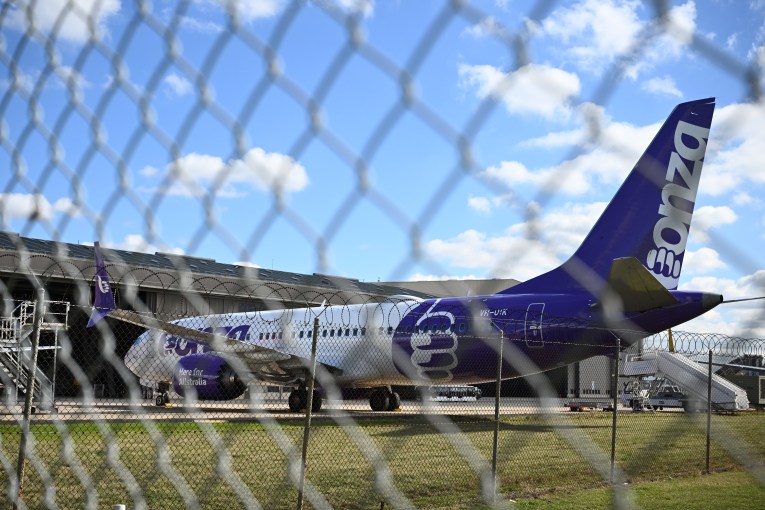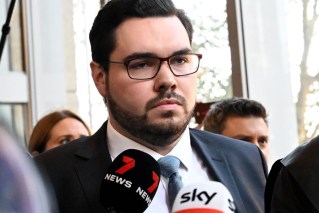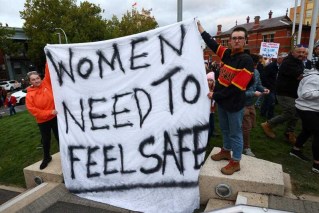ACCC: We are still paying too much for petrol

Retailers are cashing in on high margins. Photo: Getty
Australian motorists are paying the lowest petrol prices in 14 years, yet retailers are earning higher margins than ever before, according to new data.
The Australian Competition and Consumer Commission’s (ACCC) latest report on the petrol industry shows average prices in 2015-16 were at their lowest levels since 2002.
During that period, the average price for petrol in the five largest cities – Sydney, Melbourne, Brisbane, Adelaide and Perth – was 121.7 cents per litre.
But ACCC chairman Rod Sims is worried about the retail margins in those areas, which went up by 1.2 cents per litre in the final quarter of the 2015-16 financial year.
“We remain concerned about the petroleum industry’s high gross retail margins, which indicate motorists are not reaping the full benefits of lower international crude oil and refined petrol prices,” Mr Sims said.
The report found that international crude oil and refined petrol prices in 2015-16 were at their lowest levels for over a decade.
However, the price of refined petrol is also determined by global and regional supply and demand conditions.
“This report suggests that in order for there to be more competitive pressure on retailers, consumers need to shop around and reward those offering the best-priced fuel.”
Among Australia’s five largest cities, retail prices in Brisbane have been the highest over the past 12 months.

MotorMouth is a popular fuel comparison app.
Brisbane motorists have been paying 4.1 cents per litre more than the other four largest cities.
But there is some good news in Darwin, one of the markets previously criticised for a lack of competitiveness, where prices have fallen according to the ACCC’s report.
In the June quarter, retail petrol prices in Darwin were lower than those in the five largest cities, despite being as much as 10 cents per litre higher in previous years.
Monday’s report argued that a recent study into Darwin prices, along with the Northern Territory government’s fuel summit in October 2014, “may have contributed to the lower Darwin prices through more scrutiny and better transparency”.
Regional price gap falls
The average difference between prices in the regional locations monitored by the ACCC and prices in the five largest cities in the June quarter was 2.3 cents per litre.

Consumers are advised to compare prices online. Photo: Getty
This was 5.5 cents per litre below the average difference in the March quarter, which was 7.8 cents per litre.
The ACCC recently released a Launceston regional petrol market study, which found rising price transparency was the key driver of increasing competition in the Launceston market.
The ACCC is continuing regional petrol market studies in Armidale and Cairns.
Consumers encouraged to use petrol apps
From May 20, data collected by the petrol price information service Informed Sources became publicly available.
Under the Informed Sources service, petrol retailers currently exchange site-by-site petrol prices covering most of Australia every 15 or 30 minutes.
“Some motorists have been quick to take advantage of these petrol price apps and are already using them to ensure they are getting the best price when they fill up,” Mr Sims said.
“This improved price transparency puts pressure on retailers to offer competitive prices or risk customers driving to a petrol station that does.
-ABC








